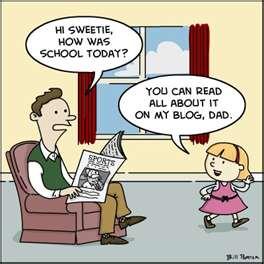Generational differences? More like generational frustration!

This is a generation that didn’t learn to use computers in college or in late high school, they learned from their parents as soon as they could pick up a mouse.
Shari Short, president of Short Answer Consulting, and I were privileged to present at the recent 2013 National Association of Physician Recruiters Annual Conference. We spoke about communicating with different generations and what it means to physician and advanced practitioner recruiters.
Our observations on the differences between communicating with the silent generation (66+), Baby Boomers (49–66), Gen Xers (28–48) and Millennials (7–27) elicited a unanimous response: “We’re all doomed!” But not so! Do Millennials have a different perspective on the value of work/life balance than their older counterparts? Absolutely. Do they frustrate us with their dogged addiction to mobile and digital technology? Sure. Do they strive to do something great in their lives? Absolutely. Maybe they don’t value 12- to 14-hour workdays like their older counterparts. But they do understand that the technology they embrace may help them to accomplish more, faster. What’s wrong with that?
Remember: This is a generation that witnessed a college student create a social network that boasts more than 1 billion active monthly users! How? Technology. These kids didn’t learn to use computers in college or in late high school, they learned from their parents as soon as they could pick up a mouse. They don’t remember a time when there wasn’t email, mobile phones or texting. They thrive under structure and guidelines. They have no fear of technology or the benefits it can offer. And they will push us to do things differently. So let’s all take a deep breath and think about that.
We may not like the way the younger generations work and communicate. But we can’t change them. If anything, we need to be open to the benefits of them changing us. I say bring it on!
Sign up to receive our industry trends newsletter:
